You will be equipped with the following tools:
-
Daily Exceptions Journal
Help your clients become aware of what they are doing right to manage a particular problem and to highlight their strengths and move away from problem-focused thinking.
-
Rewriting the Narrative with Humor
This tool aims to promote emotional well-being and resilience in your clients by rewriting a previously embarrassing or shameful narrative with humor.
-
The Metaphor of David
Provide an analogy for the process through which positive interventions aim to increase authenticity.
-
Analysing Environmental Strengths
Increase awareness of the strengths of client’s social environment.
-
The Best Possible Team
Develop a new, shared understanding of a team functioning at its best and increase the team members’ optimism.
-
Writing About Intensely Positive Experiences
Help your clients increase their mood by writing about a positive experience for three consecutive days.
-
The Wheel of Life
Assess your client’s perceived satisfaction/dissatisfaction with the different domains of life.
-
Exploring Flow Experiences
Help your clients bring awareness to the moments of experiencing a flow- state.
-
Random Acts of Kindness
Help your clients increase their well-being by consciously performing acts of kindness.
-
Chasing Happiness
Help your clients become aware of the impact bias and the implications of faulty affective forecasting for well-being.
-
Getting off the Hedonic Treadmill
Help your clients become aware of the well-known happiness inhibiting process: hedonic adaptation.
-
Positive Reminiscence
Help your clients develop the skill of savoring in order to build more positive emotions.
-
Using Photography to Increase Savoring
Help your clients become aware of the positive aspects of their daily lives in a playful way.
-
Experiencing Awe
Help your clients evoke and savor the feeling of awe.
-
Creating Savoring Rituals
Help your clients deliberately create savoring rituals around small, everyday moments of pleasure.
-
Doors Closed Doors Open
Help your clients become aware that the end of something is also the beginning of something new.
-
The Strengths Wheel
Create a graphical representation of the potential use of the existing strengths of your clients.

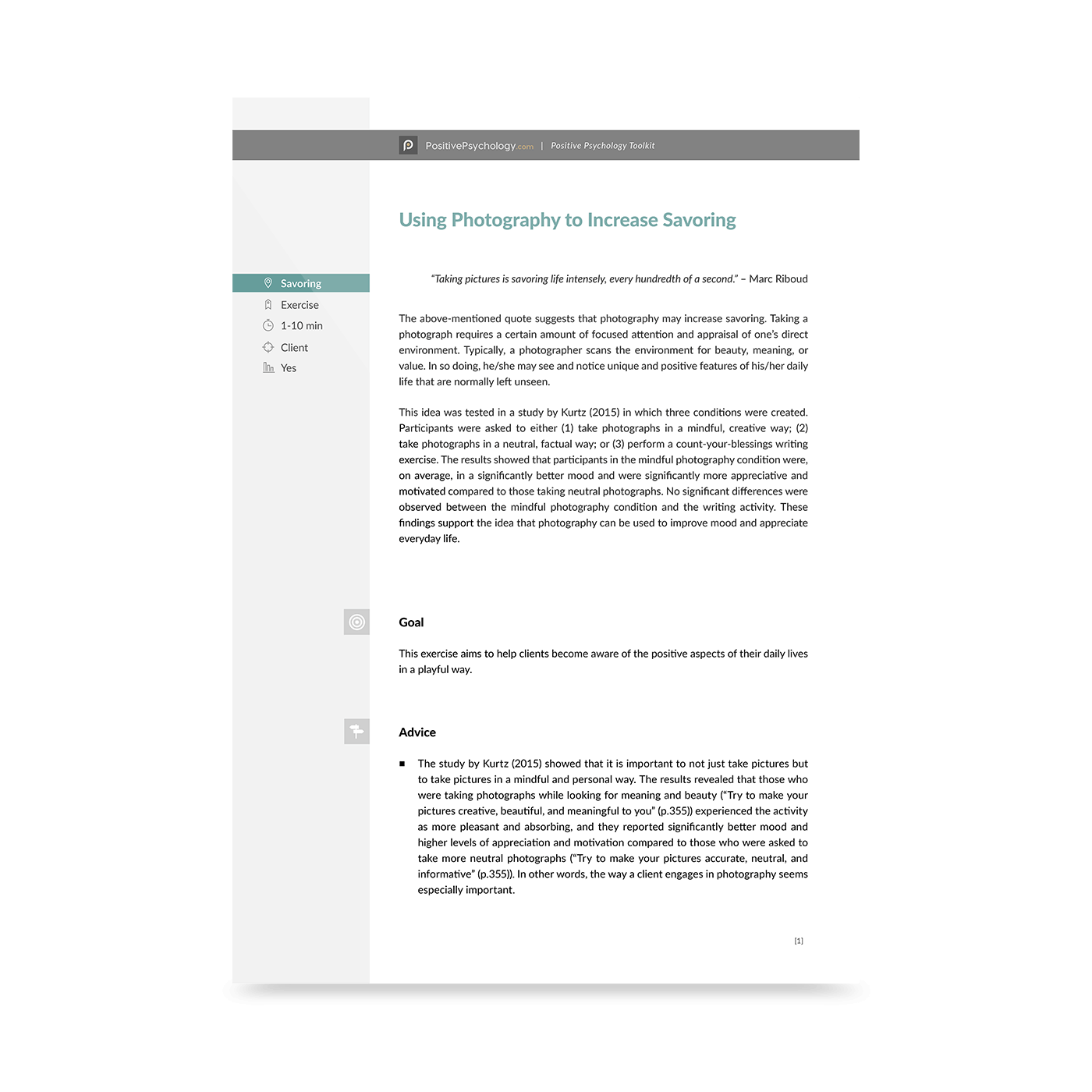
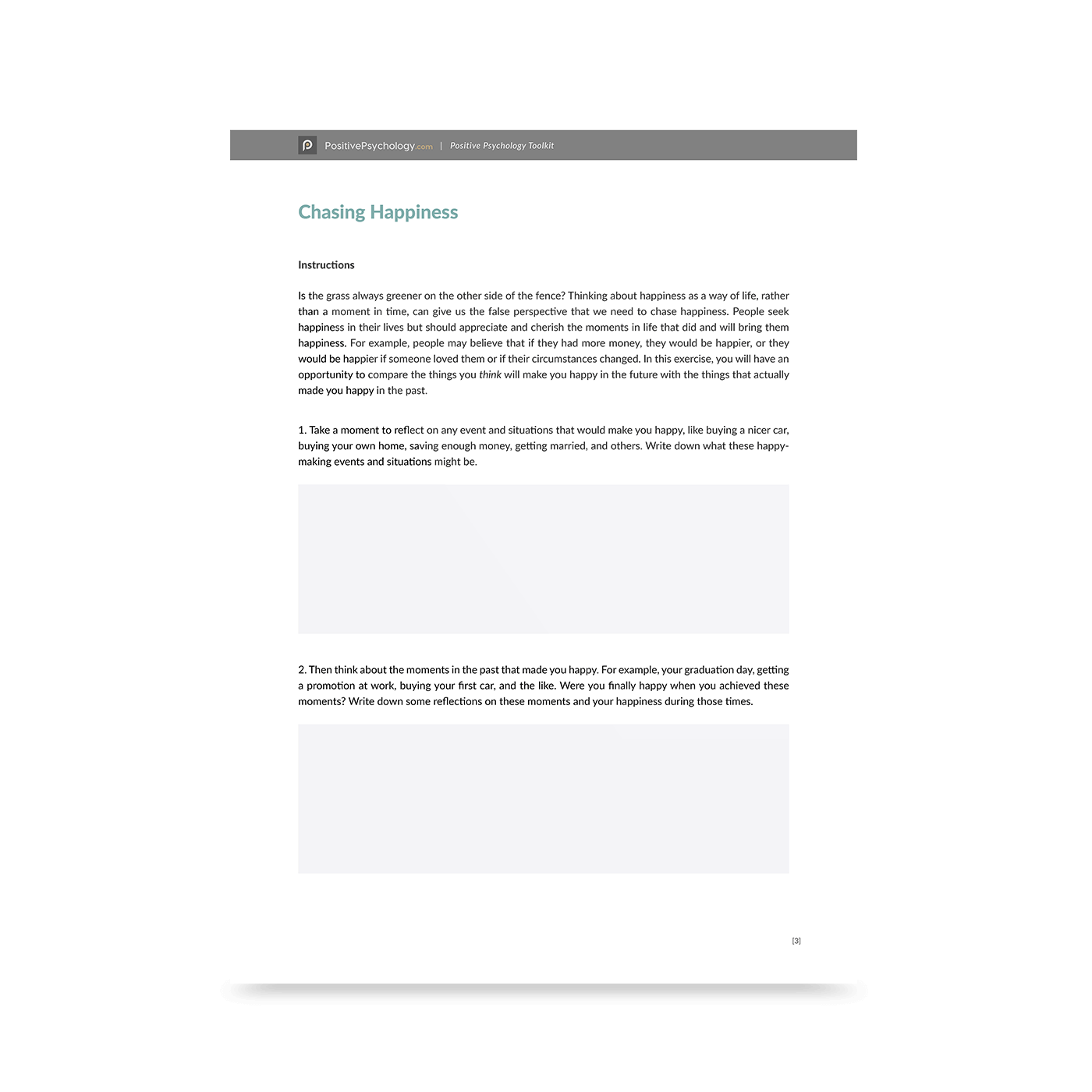
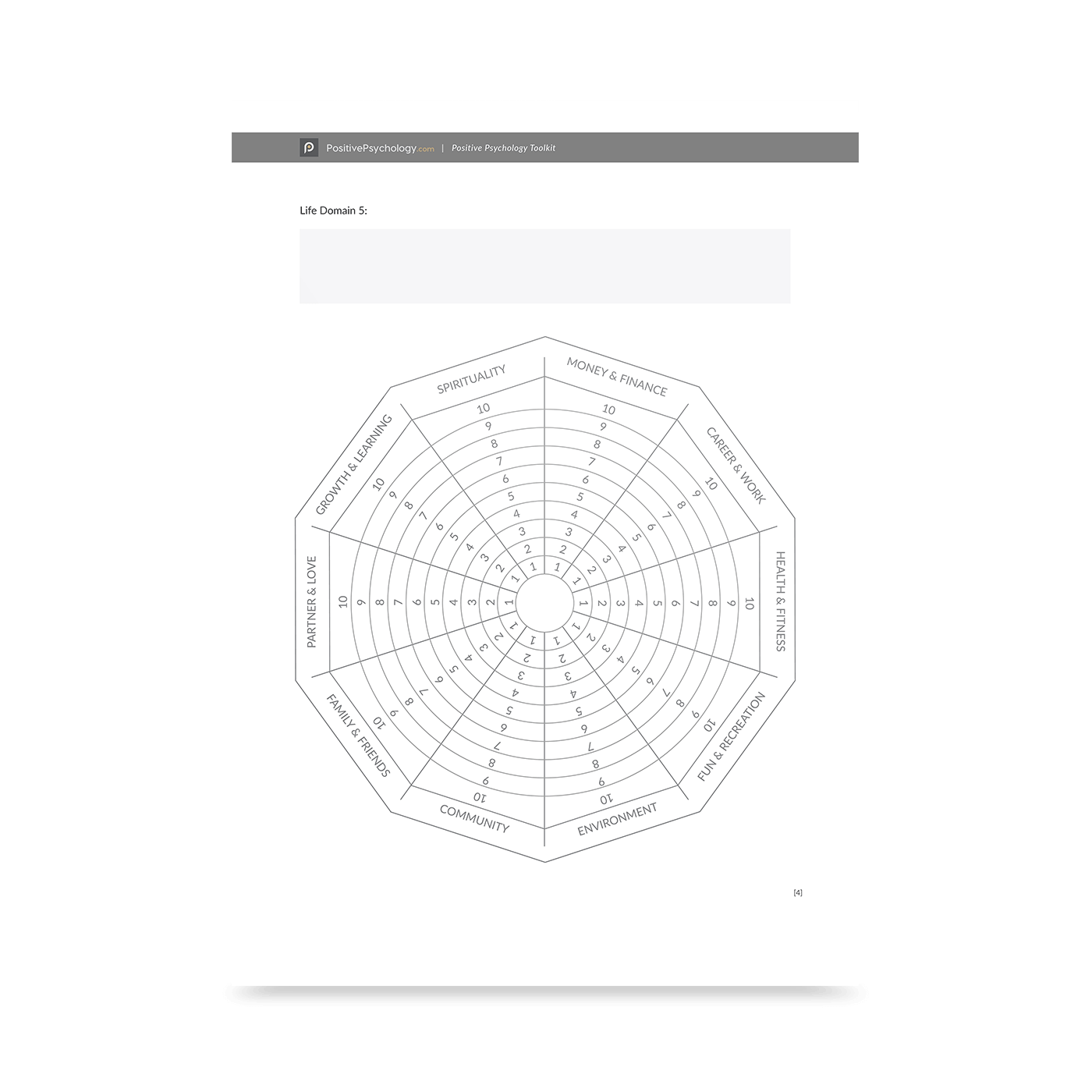


















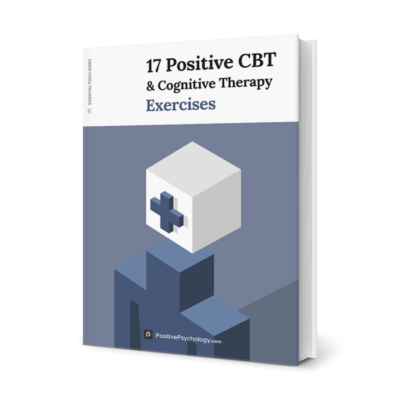
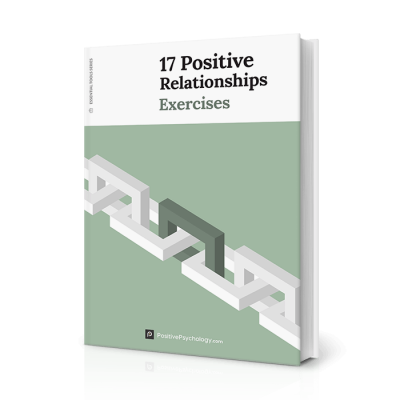
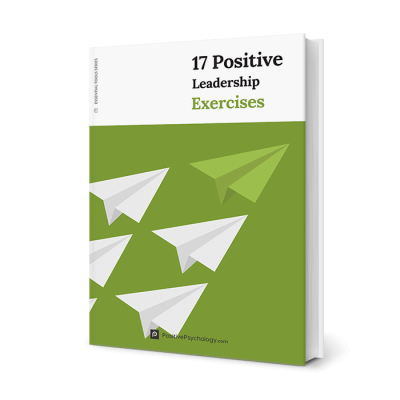
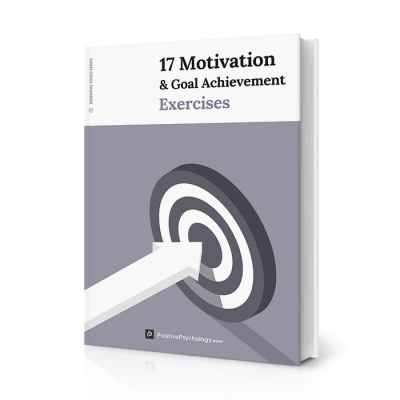
Steve Costello –
I was very pleased to discover the 17 positive psychology tools. I’ve been using tools like these for many years and have forgotten or lost many. It’s refreshing to be able to pick up these tools and put them to instant use. They are exceptionally well-presented and enable me to devote more time to the needs of my clients rather than searching for resources.
Arzu Ozkose –
The tools were very profound for a coaching session and also for further work of the client’s self-transformation.
Alain Dumonceaux –
I was looking for tools that would help me with my journey of becoming the best man I can be. The positive psychology exercises come with more than just the exercises. The explanations and tips provided helped guide me to creating deeper outcomes. I highly recommend the tools.
Laura Rivchun –
The 17 Positive Psychology Exercises is a wonderful resource to help manage life’s challenges and develop positive behavior and the tools to get you there. They’re useful for therapists, counselors, coaches when working with clients. And they’re extremely helpful and relatable for any individual who is looking to live a happier, healthier emotional life!
Irene Forti –
Great materials! Very helpful with different types of clients.
Sonia Rignall –
I have found these positive psychology exercises incredibly valuable for myself and my clients. It has provided insightful moments for my coaching clients and enabled me to explore alternative reflections and avenues for understanding.
Dr. Daya Singh Sandhu –
I am truly impressed with your new approach of positive psychology in addressing human problems, mental health issues, and many daily challenges of life.
Além das Palavras –
This toolkit is a curated collection of the most highly regarded tools in the field of positive psychology, carefully selected and used by practitioners for their own development, in coaching sessions, teaching, or therapeutic settings. What makes this package particularly noteworthy is the collaboration with universities and world-renowned experts in creating each tool, ensuring they are not only science-based but also incorporate the latest research and insights from the field of positive psychology.
Each tool comes with references, practical advice, and a detailed description of how to use them, making them accessible to both seasoned professionals and those just beginning to explore the field of positive psychology. This package is an excellent opportunity for anyone interested in becoming an expert in positive psychology, better assisting others, and growing their practice. The availability of these tools for immediate download is a valuable resource for those looking to promote well-being and human development in a practical and evidence-based manner.